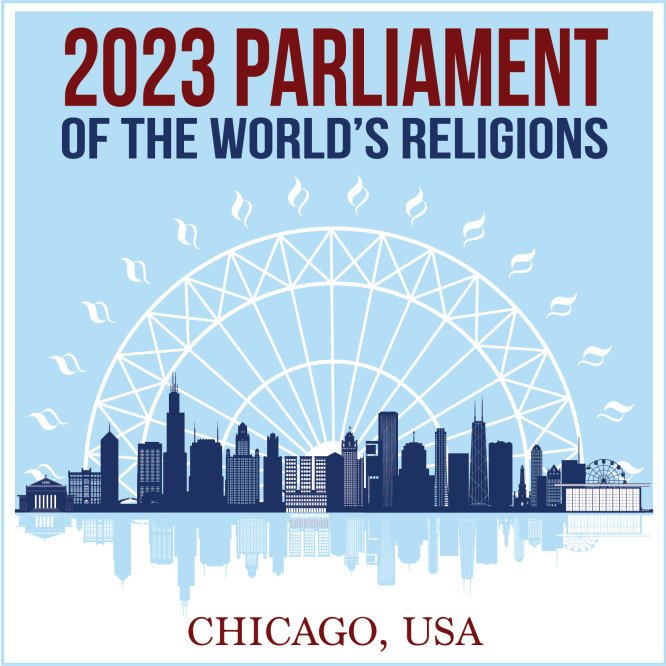
-
HOME
-
WHAT IS STANDOur Mission Our Values Our Help Contact
-
WHAT WE FIGHT FORReligious Freedom Religious Literacy Equality & Human Rights Inclusion & Respect Free Speech Responsible Journalism Corporate Accountability
-
RESOURCESExpert Studies Landmark Decisions White Papers FAQs David Miscavige Religious Freedom Resource Center Freedom of Religion & Human Rights Topic Index Priest-Penitent Privilege Islamophobia
-
HATE MONITORBiased Media Propagandists Hatemongers False Experts Hate Monitor Blog
-
NEWSROOMNews Media Watch Videos Blog
-
TAKE ACTIONCombat Hate & Discrimination Champion Freedom of Religion Demand Accountability
Parliament of the World’s Religions Fosters Partnerships Among Thousands of Faith Leaders
Under the umbrella theme of “A Call to Conscience: Defending Freedom and Human Rights,” the Parliament of the World’s Religions convened for five days of seminars, booths, speeches and discussions from August 14-18.

The 130-year-old tradition from which may be traced the beginnings of interfaith dialogue in America attracted more than 7,000 attendees from 95 countries, representing 212 faiths and spiritual traditions.
“The parliament is open to people of all religions, spiritual paths and ethical convictions, consistent with the values of respectful dialogue,” the Parliament of the World’s Religions said in a statement. “We seek to promote harmony and partnerships amongst the world’s religions and spiritual communities on issues that humanity faces today.”
Opening sessions at the Parliament dealt head-on with the ways religion can be manipulated to harm and thus how it can often be viewed with suspicion. Hence the importance of gatherings that focus on religious freedom and human rights, according to Rev. Paul Raushenbush, president of the Interfaith Alliance.
“Religion can be such a powerful force for good all around the world.”
“The reason the interfaith movement was born was because people decided they were not going to kill each other because they believe different things,” he said. “And we still have people killing each other for believing different things.”
Barbara Abrajano, president of the Council of Religious Leaders of Metropolitan Chicago, said at the conference, “No single community of faith working alone can resolve the challenges that all of us face together. But if we stand together for all we believe, then our diversity is our greatest strength. We show people that there is another, better way.”
Rashad Hussain, the U.S. Ambassador-at-Large for International Religious Freedom, agreed. “We don’t seek uniformity,” he told attendees. “But we must have a unity in purpose.”
Adding that the multi-faith gathering was an example of the way religious communities can help address real-world problems, Hussain said, “Religion can be such a powerful force for good all around the world in bringing us together and addressing some of the challenges that we face,” he said. “And it should always be a force for good. It should never be used to harm people or oppress people.”
Accordingly, the Parliament’s hundreds of sessions included—in addition to those geared to mutual understanding and religious education—opportunities to tackle such on-the-ground issues as climate change, human rights and the growing threats of bigotry and authoritarianism.
Scholar Kenneth Chitwood emphasized that the Parliament’s dialogue across faiths can be used for much more than achieving mutual understanding: “Their critical dialogue and comparative conversations will not only add another chapter to the annals of high-level interfaith interaction, but impact societal conventions and statecraft, socio-economic conditions and the spiritual inclinations of generations to come. Whether or not you are a fan of interreligious dialogue, it will shape the way our world works.”
STAND applauds the thousands of religious leaders and scholars who contributed to the Parliament of the World’s Religions. Communication is the solution not only to interfaith understanding but to solving the world’s most pressing problems.





